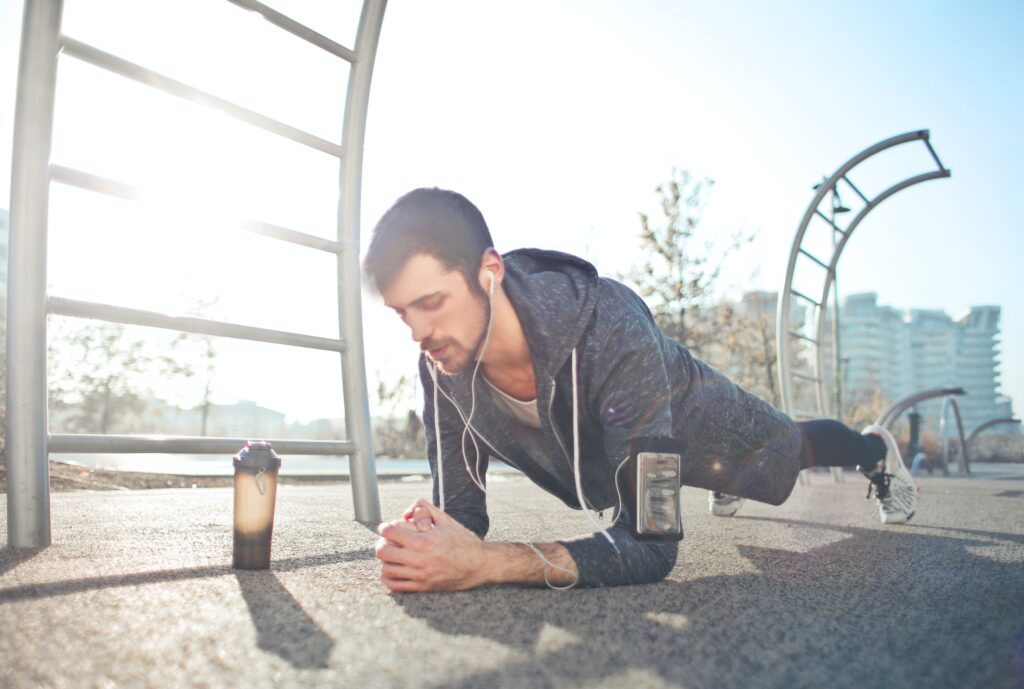When it comes to fitness, there are countless debates and discussions about the most effective workout routines, diets, and lifestyle habits. One topic that often arises is whether the timing of exercise impacts its effectiveness. Does it matter if you hit the gym at the crack of dawn, during your lunch break, or in the evening after work? In this article, we’ll delve into the science behind exercise timing and explore how it can affect your fitness journey.
Circadian Rhythms and Exercise

Sleeping and Recovery
Our bodies operate on a natural clock known as the circadian rhythm, which regulates various physiological processes over a 24-hour cycle. This rhythm influences factors such as sleep-wake cycles, hormone secretion, body temperature, and metabolism. Research suggests that our circadian rhythms can also impact exercise performance and recovery.
Morning Workouts: Jumpstarting Your Day
Many fitness enthusiasts swear by morning workouts, citing benefits such as increased energy levels, improved mood, and enhanced focus throughout the day. Exercising in the morning can help kickstart your metabolism, leading to more efficient calorie burning throughout the day. Moreover, morning exercise has been shown to boost mental alertness and productivity, making it an excellent choice for those with busy schedules.
Afternoon Exercise: Beating the Midday Slump
For some individuals, exercising in the afternoon or early evening may be more conducive to their schedules and preferences. Afternoon workouts offer a middle ground between the grogginess of the morning and the fatigue that can set in later in the day. Additionally, body temperature tends to peak in the late afternoon, which may translate to improved physical performance and reduced risk of injury during workouts.
Evening Exercise: Unwinding and Releasing Stress
While some people prefer to start their day with exercise, others find that evening workouts are the perfect way to unwind and de-stress after a long day. Evening exercise can help alleviate tension built up throughout the day, promote relaxation, and improve sleep quality. However, it’s essential to avoid vigorous workouts too close to bedtime, as they may interfere with your ability to fall asleep.
Individual Variations and Personal Preferences

While there may be general trends regarding the effects of exercise timing, it’s crucial to remember that individual variations and personal preferences play a significant role. Some people are naturally early birds and thrive on morning workouts, while others are night owls who prefer to exercise in the evening. Ultimately, the best time to exercise is when you feel most energized, motivated, and able to commit to your workout routine consistently.
Tailoring Your Workout Schedule
Regardless of the time of day you choose to exercise, consistency is key to achieving your fitness goals. Instead of fixating on the “optimal” workout time, focus on establishing a sustainable routine that fits seamlessly into your lifestyle. If you’re not a morning person, forcing yourself to wake up at the crack of dawn for a workout may do more harm than good. Likewise, if you struggle to find motivation after a long day at work, scheduling evening workouts may be more realistic for you.
Tips for Maximising Your Exercise Routine
Here are some tips to help you make the most of your workout, regardless of the time of day:
- Listen to your body: Pay attention to how you feel at different times of the day and choose the workout time that aligns with your energy levels and preferences.
- Fuel your body: Eat a balanced meal or snack before exercising to provide your body with the necessary nutrients and energy. Experiment with pre-workout snacks to find what works best for you.
- Stay hydrated: Drink plenty of water throughout the day to stay hydrated, especially if you’re exercising in hot or humid conditions.
- Warm up properly: Before starting your workout, perform a dynamic warm-up to prepare your muscles and joints for movement and reduce the risk of injury.
- Cool down and stretch: After your workout, take the time to cool down and stretch to improve flexibility, reduce muscle soreness, and promote recovery.
- Get enough rest: Adequate sleep is essential for overall health and fitness. Aim for 7-9 hours of quality sleep each night to support your exercise routine and recovery process.
Conclusion
In conclusion, the time of day you choose to exercise can influence your energy levels, performance, and overall workout experience. However, there is no one-size-fits-all answer, as individual variations and preferences play a significant role. Whether you’re an early bird, a night owl, or somewhere in between, the key is to find a workout schedule that works for you and stick to it consistently. By prioritizing regular exercise and listening to your body’s cues, you can maximize your fitness and achieve your goals effectively.



